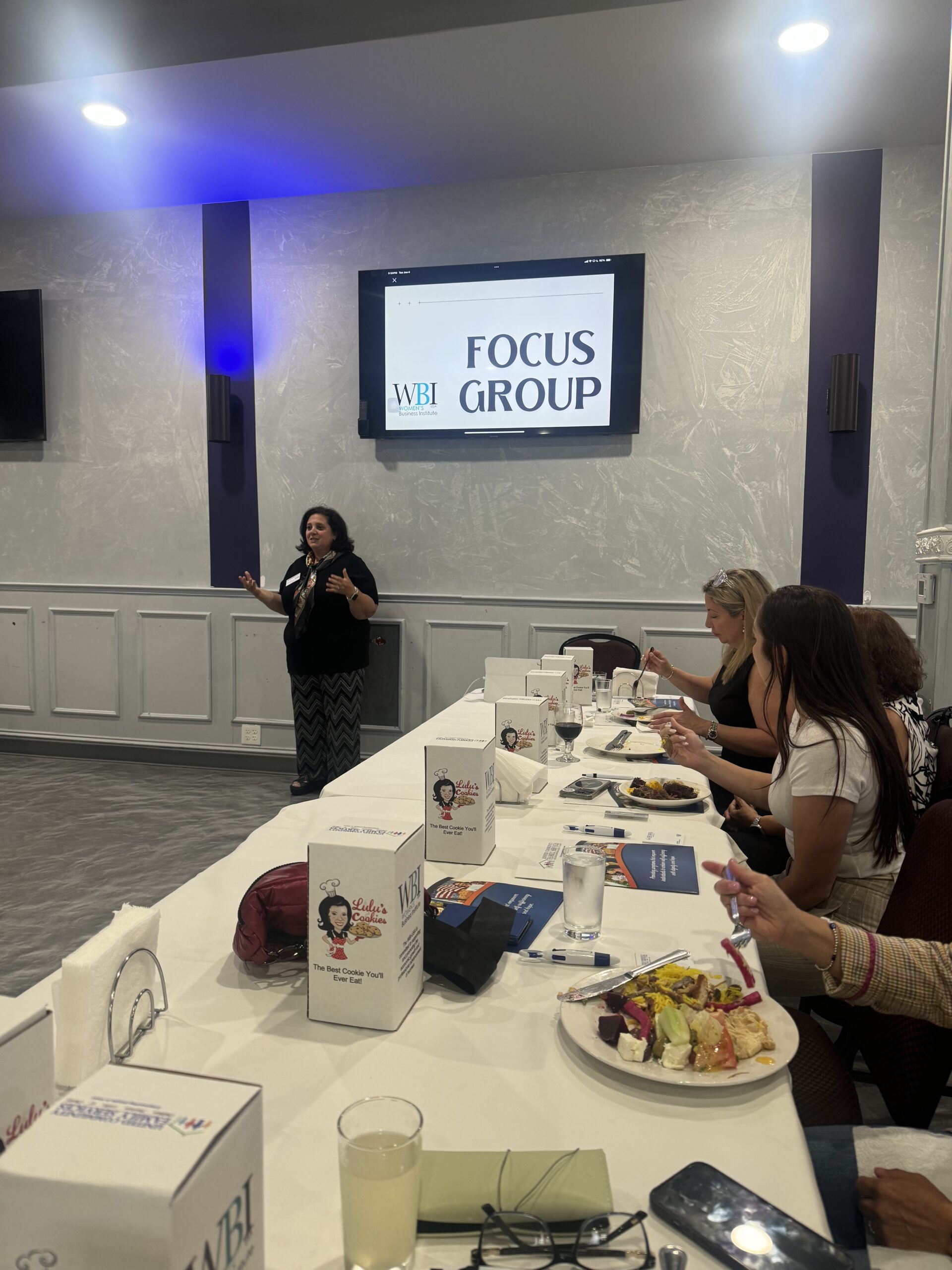
As a Coach, I often facilitate programs, workshops, and Focus Groups.
I particularly love Focus Groups to gain insights.
As a Strengths® Coach with the talent of input in the top 10, I love data and
information. I need to collect and archive. I like to accumulate information,
ideas, and artifacts.
Hosting a focus group offers several benefits that can be particularly valuable for
businesses, researchers, and organizations looking to gain deeper insights into their
audience or subject matter.
Here are some key advantages:
Rich Qualitative Data: Focus groups provide a wealth of qualitative data, giving
you the story behind the numbers. They allow for the exploration of perceptions,
opinions, and experiences in a way that quantitative data often cannot.
Interactive Dynamics: Unlike surveys or questionnaires, focus groups are
interactive. Participants can engage with products, discuss ideas, and build upon
each other’s responses, leading to more dynamic and comprehensive feedback.
Efficiency: Compared to individual interviews, focus groups can be more efficient
in terms of time and resources. They enable the collection of a broad range of
information from multiple participants simultaneously.
Nuanced Feedback: The group setting allows for more nuanced and natural
feedback. Observations of group dynamics, body language, and discussion flow
can provide additional layers of understanding.
Diverse Perspectives: By bringing together participants with different
backgrounds, you can gather a variety of viewpoints, which can be especially
useful for identifying trends or common themes.
Directional Insights: Focus groups can help uncover new questions and ideas for
future research, offering directional insights that can guide product development,
marketing strategies, and more.
Community Engagement: They can serve as a forum for direct feedback and help
understand community priorities, fostering a sense of involvement and shared
vision among participants.
Real-Time Reactions: You get immediate, real-time responses to stimuli or
discussions, which can be invaluable for testing new concepts or products.
Flexibility: Focus groups can be adapted to virtual settings, allowing for broader
participation and convenience, especially when geographical or logistical
constraints are present.
These benefits make focus groups a powerful tool for exploratory research and can
provide significant insights that inform decision-making and strategy development.





